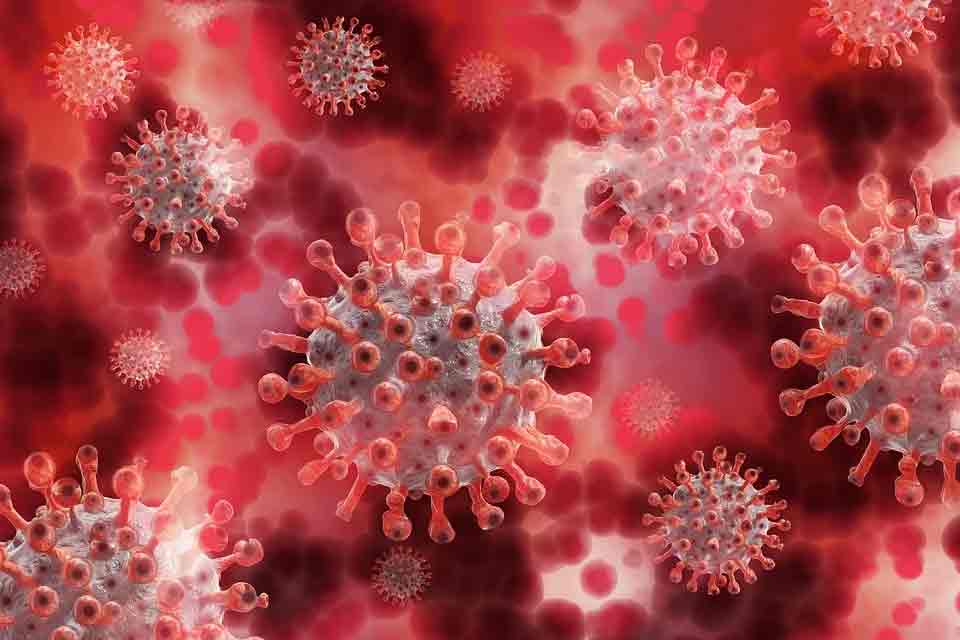Gilead Sciences has received approval from the US Food and Drug Administration (FDA) to assess an inhaled version of remdesivir in human clinical trials as a potential treatment for Covid-19 patients.
The company will start screening healthy participants for Phase I trials this week, with plans to initiate trials in Covid-19 patients in August.
Currently, the drug is administered intravenously in the hospital. An inhaled version of remdesivir can be given using a nebulizer, potentially enabling easier administration outside the hospital and at earlier stages of infection.
The company also intends to assess intravenous infusions in outpatient settings, including infusion centres and nursing homes. This earlier intervention is expected to particularly help patients at high risk of disease progression and avoid hospitalisation.
In an open letter, Gilead chairman and CEO Daniel O’Day said: “Based on our knowledge of the disease so far, it seems that in the earlier stages of Covid-19, the virus itself is the primary driver of illness. In the later stages, the body’s inflammatory response may cause some of the most life-threatening aspects of the disease.
“It is important, therefore, to have tools that can work together to fight both aspects of the disease: an antiviral to target the virus itself and another therapy to tackle the inflammatory response.”
The company is also set to explore the use of remdesivir as a combination therapy, including with anti-inflammatory agents, for treating severely ill patients.
Gilead will study the drug in combination with with two immune modulators, baricitinib and tocilizumab, over the coming months.
Furthermore, studies are being planned to involve vulnerable patient populations.
In addition to the Phase II/III trial being conducted in paediatric patients hospitalised with Covid-19, the company is planning studies in pregnant women and patients with end-stage renal disease.
Gilead is working to manufacture more than two million treatment courses of remdesivir by the end of this year and millions more by next year.










